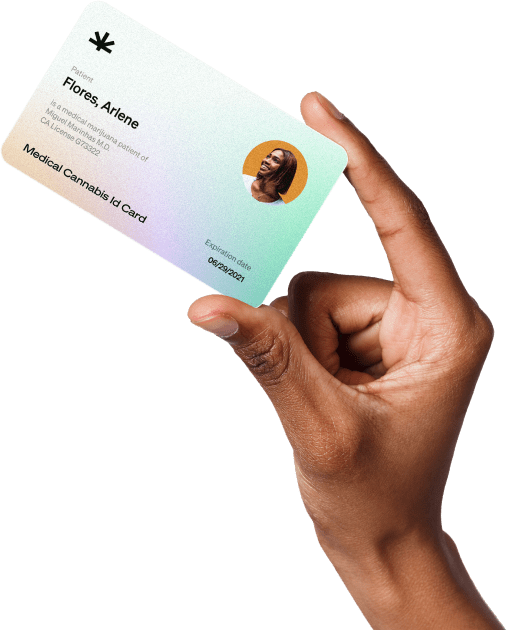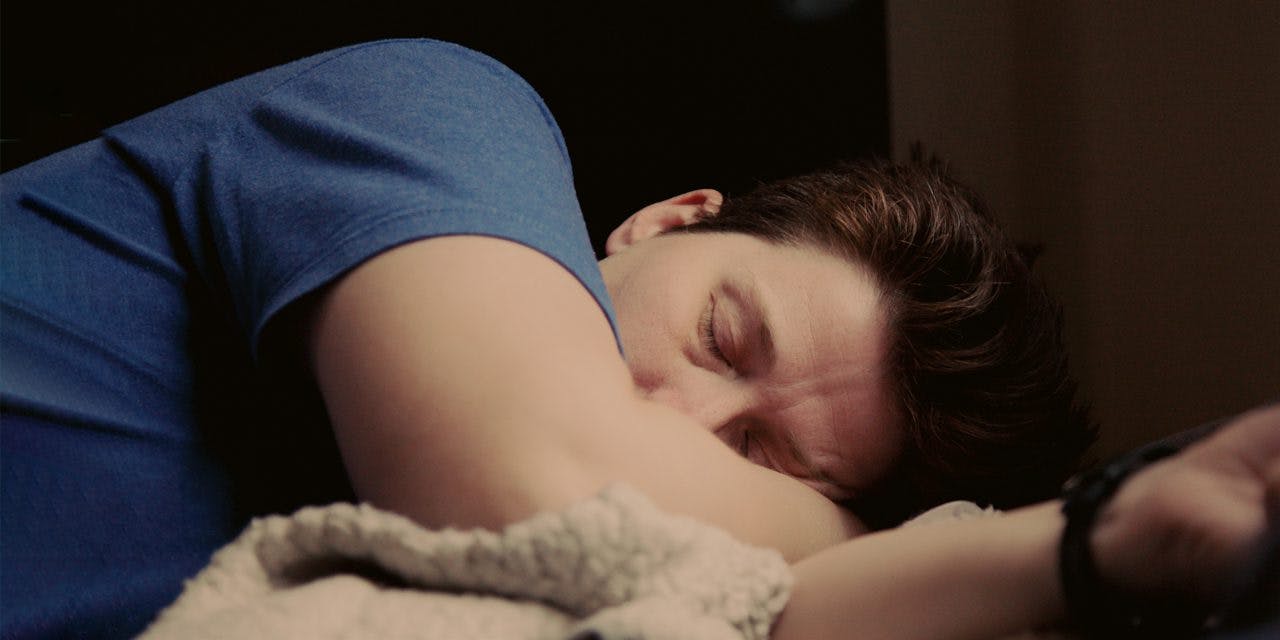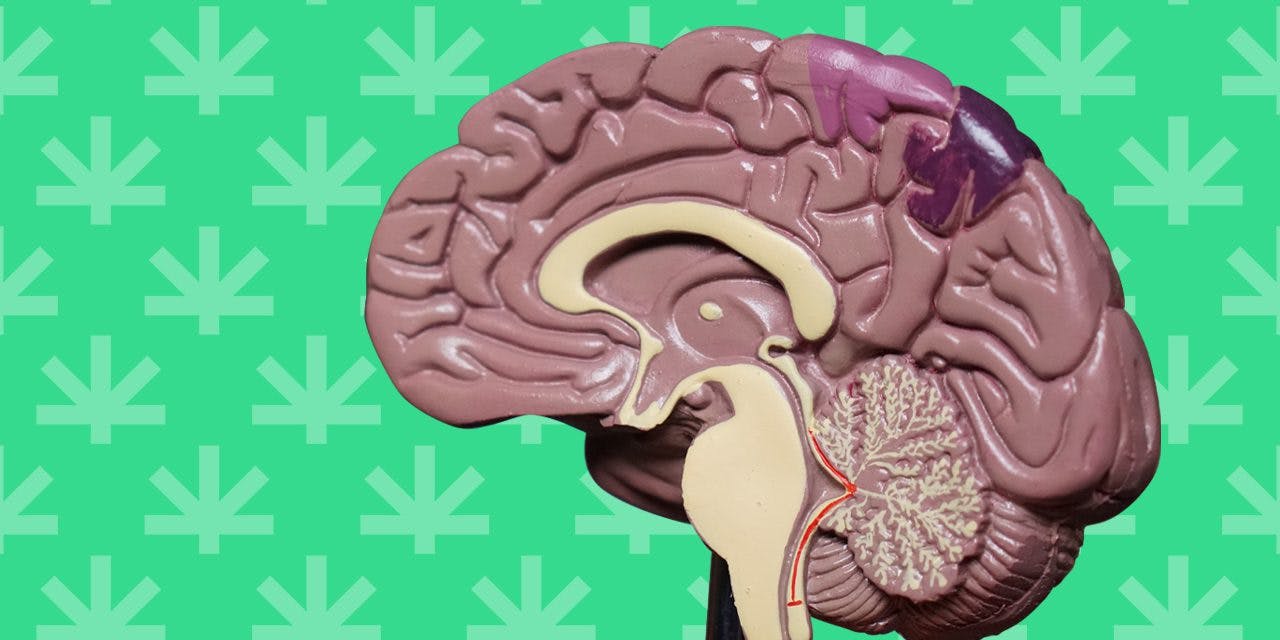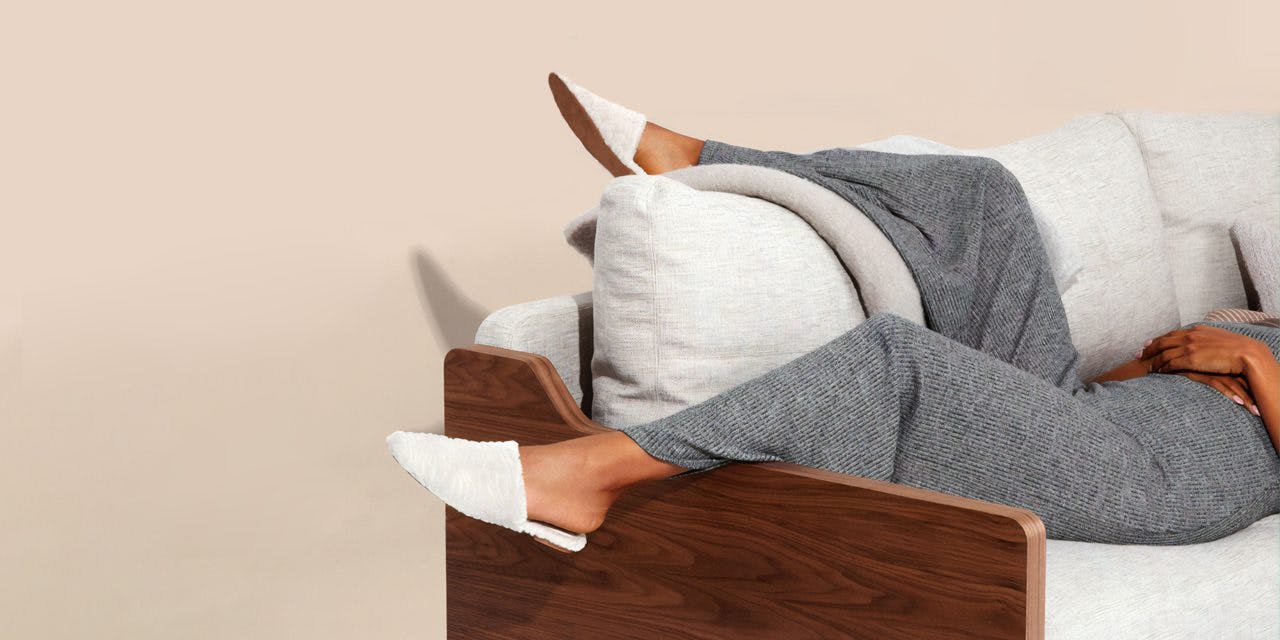3 Ways to Use Cannabis to Manage Stress
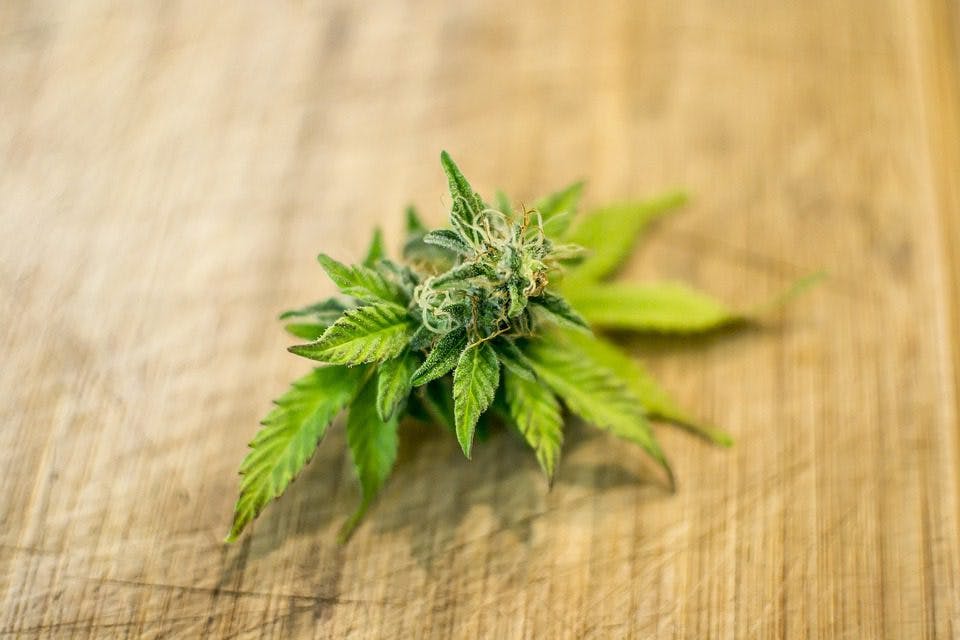
Article written by

Diana FolletteDirector of Patient Success
Content reviewed by

Dr. Lewis JasseyMedical Director - Pediatric Medicine
When people are stressed, they produce more of the hormone cortisol. When the human body heals, inflammation becomes a stress response. In the short-term, stress & inflammation can be beneficial. However, long-term stress and inflammation break down tissue and impair the immune system. Between 75% and 90% of human diseases are related to the activation of the body’s stress system. Here’s how you can use cannabis to beat stress and anxiety and maintain the homeostasis that stress breaks down.
Get your medical marijuana card
Connect with a licensed physician online in minutes.
Microdosing Could Be Key
Several studies show that cannabis can help beat stress. However, cannabis’ stress- and anxiety-busting properties could be most effective when microdosed. Due to cannabinoids’ biphasic effects, compounds like THC can beat anxiety in low doses and promote anxiety in higher doses.
CBD is similarly effective in low- to moderate- doses for anxiety, but there are reports that CBD can be wake-promoting. This wake-promoting effect of CBD may depend upon physiology to some extent, as others report that high doses of CBD induce sleepiness. Also, it is worth noting that, as CBD does not bind directly to CB1 or CB2 receptors, it does not beat stress in the same way as THC. Instead, CBD’s anxiolytic effects seem to be due to its ability to activate the 5HT1A serotonin receptor.
Regarding sleep problems and insomnia, CBN, small doses of THC, myrcene, and linalool may be more beneficial than only using CBD. For people with PTSD, cannabis’s (specifically THC’s) ability to reduce the amount of time spent in REM sleep can help prevent nightmares. One of the reasons why CBD could help aid sleep for some is because of the range of terpenes present – if it’s linalool, myrcene, and humulene, expect more sleepy effects. If it’s limonene, pinene, and beta-caryophyllene combined with CBD, it could be wake-promoting. THC could work similarly and, due to THC’s partial agonism of CB1 receptors, could potentially boost the effects of other cannabinoids and terpenoids effects. This is more of a theory, though!
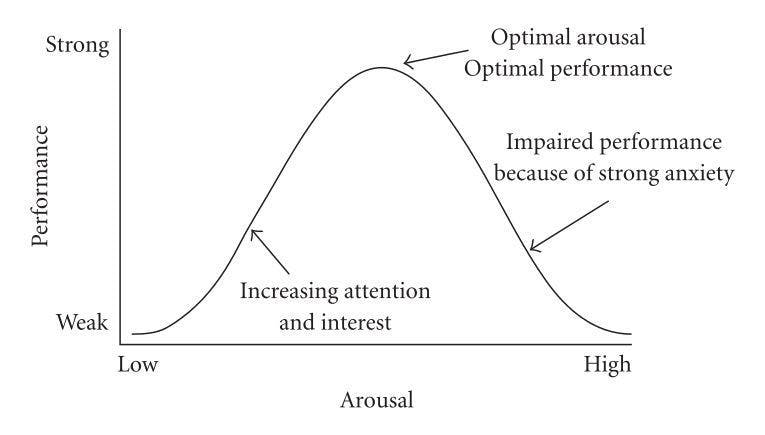
Take Note of the Terpenes
Terpenes can affect the way cannabinoids behave. Different combinations of terpenes at different dosages may also determine the effect a particular cannabis strain or product can have. Beta-caryophyllene, for example, has stress-busting properties. However, when combined with high amounts of THC, THCV, limonene, and pinene (which also have stress-busting properties), some people report an energetic feel.
While the combination of THC, THCV, beta-caryophyllene, limonene, and pinene can be used to beat stress and anxiety, in some people, too high a dose of this combination may produce an “edgy” feeling. This combination may be most beneficial for those needing a daytime boost and is usually best taken in low doses. Those suffering from anxiety and depression may also find particular use with such a combination of cannabinoids and terpenes.
Figuring Out the Right Dosage & Ingestion Method for You
Everybody has an endocannabinoid system (ECS), meaning they can react very differently to the same cannabinoids and terpenes. Although there are some patterns regarding what cannabinoids and terpenes are helpful for which condition/s, this does not necessarily hold for everyone.
Different ingestion methods also have different effects, and some ways, take longer to take effect. Smoking, vaping, or inhaling cannabis has an immediate impact; tinctures take between 15 minutes and one hour to take effect, and edibles take about one to two hours to take effect (and are usually stronger & longer-lasting, too, as it passes through the liver first rather than through the lungs).
Some conditions require an ingestion method that takes immediate effect (e.g., the tremors associated with Parkinson’s), whereas other conditions require an ingestion method that is more long-lasting. While inhaling or vaping cannabis can help with sudden anxiety attacks, a tincture can have longer-lasting effects. This can make tinctures useful for conditions like insomnia, where long-lasting effects can be beneficial to aid sleep.
Dosing for Stress, Anxiety, and Depression
When it comes to inhaling cannabis for stress, anxiety, and depression, a study by Washington State University (WSU) suggests that cannabis can be beneficial in the short term in the following dosages:
“[T]he WSU research team found that one puff of cannabis high in CBD and low in THC was optimal for reducing symptoms of depression, two puffs of any type of cannabis was sufficient to reduce symptoms of anxiety, while 10 or more puffs of cannabis high in CBD and high in THC produced the largest reductions in stress.”
Of course, the problem with measuring dosages by “puffs” means that precise dosages are not given. There are also many different types of cannabis, so it is questionable whether “any type of cannabis” is sufficient for reducing anxiety symptoms. It is possible to use CBD in equal ratios to THC (i.e., THC:CBD 1:1) to balance out the psychoactive effects of THC while still retaining some of its therapeutic properties. Many would also recommend utilizing tinctures of CBD:THC 3:1, 2:1, and 1:1 in small doses (0.1 ml – 0.25 ml) 2-3 times a day and seeing which is most effective for you and at what dosage. As far as inhalation methods go, unfortunately, smoking cannabis is not the ideal way to consume a medication! High-quality vaporizers are a potential alternative, but many disposable ones are not always of the highest quality and could lead to lung injuries. Inhalers are another alternative and can provide more precise dosages.
With cannabinoids, it seems that there is a particular therapeutic level at which it is effective without too many side effects. This is similar to many medications, with one of the main advantages is that going a little overboard on the cannabinoids is unlikely to cause a deadly overdose!
Please also note that the above is for depression, as opposed to bipolar disorder (sometimes called “manic depression”). Those who have bipolar disorder ought to avoid too much THC use, although CBD may have antipsychotic effects that may be beneficial.
Is there an ideal starting dose?
This very much depends on the condition. That prescribed synthetic THC like dronabinol (Marinol) are often given a starting dose of 2.5 mg twice daily (so, 5 mg daily). If a person wants to balance this out with some THC, they can take 2.5 mg of CBD alongside each dose, which would essentially be a 1:1 ratio.
This method may be one of the better ways to determine the ideal starting dose. This is where a person can start with one THC product, another CBD one, and see their perfect dose for themselves. For example, you can have a THC:CBD ratio of 3:1 and another product that is 1:3, and you can use them together or at separate times to see what dosage is best for you and at what time of day. This can help you find your ideal dose more accurately, but it can take some time. Some conditions may also require precision from the get-go, so this trial-and-error is unsuitable for everyone.
If you suffer from anxiety, stress, depression, or insomnia and find that other medications aren’t working, speak to a physician with Leafwell today!
Get Your Medical Card
Connect with a licensed physician online in minutes.
